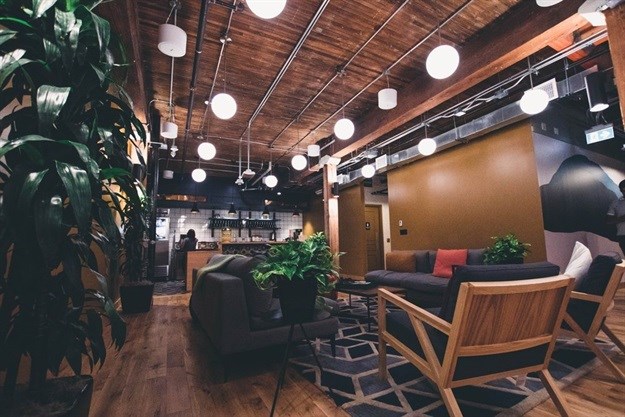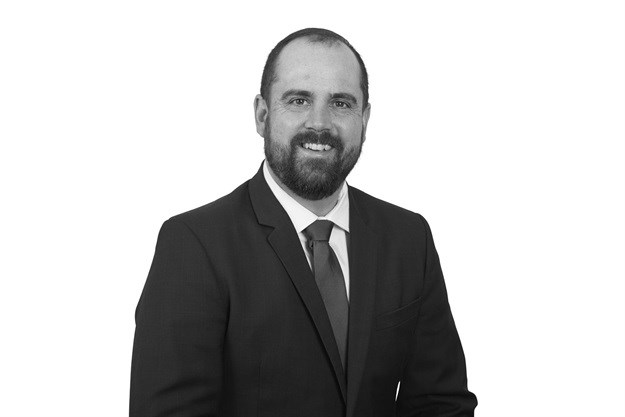
Related
Top stories





Energy & MiningGlencore's Astron Energy gears up with new tanker amidst Sars dispute
Wendell Roelf 14 hours

More news

















Logistics & Transport
Uganda plans new rail link to Tanzania for mineral export boost











We live in a world bombarded by technology and the future office is a place that balances the tech race with humanity. People will come to work to feel more human, to satisfy their need for interaction. We like to communicate, and a bricks and mortar workplace offers a place to connect, collaborate and build a culture of community. It is an interesting trend. The more we live online, the more we need human connection. It’s a fact that cements the concept of the office as a place of relevance well into the future.
Companies will start to think differently about their offices. With the impact of interaction at work so important to business success, the focus will be on creating an environment of freedom and fluidity. It’s about putting people first. The office can influence the war for talent. With workers coming together primarily to converse, brainstorm and solve problems, companies will need a variety of workspaces to support this. The modern office is a boundary-less place, with easy movement around the office, and multi-purpose spaces and furniture that can be adapted quickly to suit different needs. Going forward, organisations will rethink their real estate investments to introduce elements that drive different experiences, like coffee bars, gyms and places for recreation. We’ve moved away from planning by square metre per person to put more emphasis on communal areas.

Analytics will play a big role in predicting and improving the ebbs and flows of general employee happiness and wellbeing, and help organisations make the most of their real estate. In 2019, we will see more local companies/landlords adopting smart building solutions that enable employees to personalise and control their office environment. Think of those common office peeves: the office is stuffy, so a tap of an app opens a fresh air duct or noise levels in the hot desk environment peak and a sensor ensures white noise is channelled into the area. With the ability to connect to different devices, next-generation workplace technologies can measure and regulate everything from lighting and noise to temperature and CO2 levels. Investing in a customised human experience will benefit employee satisfaction and productivity.
While not yet mainstream, the potential of virtual reality and augmented reality tools to help remote workers feel connected and collaborative is enormous, and these technologies will start to gain traction in 2019. In this way, technology brings people together, making real-time, face-to-face interactions easy, even if they are not physically together.
This changing nature of work means that corporate real estate professionals today need to do a whole lot more than manage their physical space, they must drive a workplace strategy that embraces the human experience and supports a company’s strategic vision.
